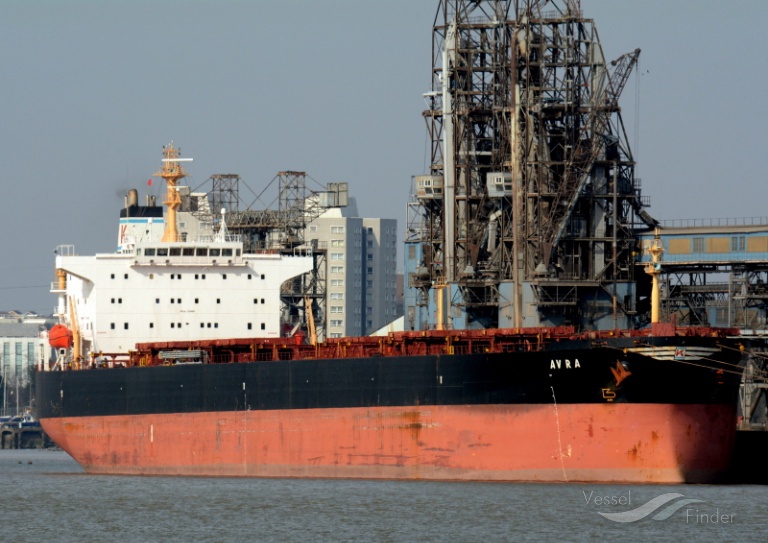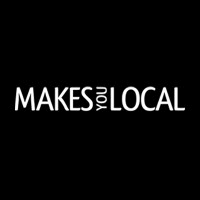Copenhagen-based ISS provides a range of services to settlements in the Golan Heights and the West Bank that are considered illegal by the United Nations. According to investigative organisation DanWatch, ISS acknowledged that it provides cleaning, pest control and security in the illegal settlements though it denies that it is doing anything wrong.
“ISS believes that one can work in the West Bank and in Golan without being part of a conflict or discussion of territorial rights,” Kenth Kærhøg, a spokesperson for ISS, told DanWatch, adding: “ISS usually does not operate in conflict areas.”
Experts and politicians disagree, however, arguing that the illegal settlements are providing fuel to the on-going conflict between Israel and the Palestinian authority.
“The private security companies are part of a strategy to lower the Israeli military profile in the West Bank to normalise the settlements,” Jeff Halper, the director of the Israeli Committee Against House Demolitions, an organisation with expertise on West Bank infrastructure, told DanWatch.
“Part of that process is privatisation, including security. So whether you are involved in perimeter security or securing private companies, you are a part of normalisation of settlements.”
MEP Margrete Auken also argued that the presence of ISS harmed the peace process, and that the company violated its pledge to act in a responsible manner, which it agreed to by signing the UN Global Compact, a set of guidelines on corporate governance.
“It would be beneficial for the peace process if decent international companies signalled that they would not operate in settlements,” Auken told DanWatch. “ISS is not contributing to the credibility of UN Global Compact if it operates in settlements, while being blind and deaf to what is going on.”
Danish-British security firm G4S has also been criticised for operating in illegal settlements though it has promised to end its work once the contracts run out between 2012 and 2015.
Denmark has taken a hard line on Israel’s illegal settlements. This May, Villy Søvndal, the foreign minister, announced that supermarkets would soon be able to sign up to a voluntary labelling scheme so consumers could identify products produced in illegal settlements.















